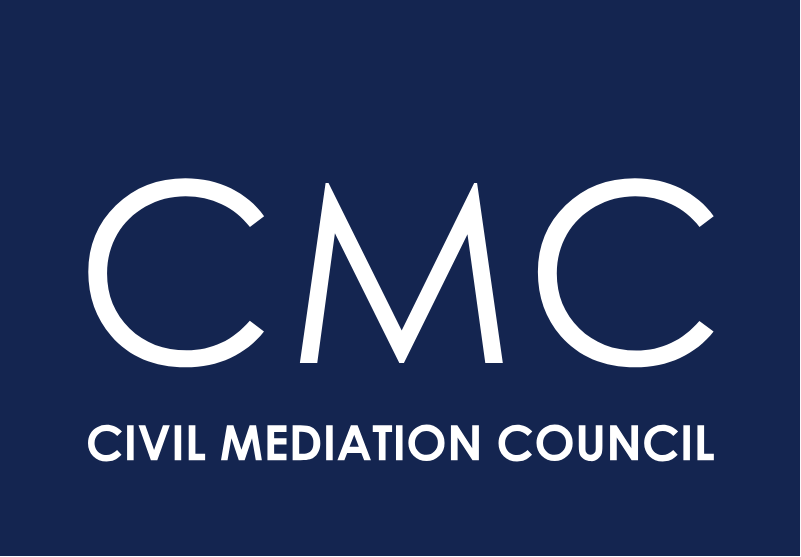The Churchill v Merthyr Tydfil Decision: A Welcome Affirmation of ADR Principles in Litigation
In the world of litigation, the recent Churchill v Merthyr Tydfil decision (relating to Japanese Knotweed encroachment between properties) has stirred discussions about the role of alternative dispute resolution (ADR) and its integration into the litigation process: In this case, it was found that courts are able to (and some argue that it was implied courts should) integrate mediation, and other forms of dispute resolution into the court process and may, where appropriate, stay proceedings in favour of ADR.
While the ruling is undoubtedly good news for those advocating for the embrace of ADR, it is essential to acknowledge that the aspiration to incorporate ADR into legal proceedings has been a cornerstone of justice system for many years, particularly since the Civil Procedure Rules (CPR) 1996 (which came about as a result of Lord Wolf’s reform which found that the civil justice system was “too slow, too costly, and too complex”)… yet here were are nearly 30 years later with, lets be honest, not huge progress in many areas of the law. Below, we explore the significance of the Churchill v Merthyr Tydfil decision, its alignment with long-standing CPR principles, and the implications for solicitors navigating the evolving landscape of dispute resolution.
1. Background on the Churchill v Merthyr Tydfil Decision: The Churchill v Merthyr Tydfil case underscores the court's commitment to encouraging parties to consider ADR, specifically mediation, before resorting to formal litigation. In this instance, the court emphasised that parties must engage in mediation unless there are reasonable grounds not to.
2. CPR Rules 1996 and the Aspiration for ADR: It's crucial to recognise that the CPR Rules 1996 laid the foundation for promoting ADR and mediation within the litigation process. The rules emphasise the court's power to actively manage cases and encourage parties to use alternative means of dispute resolution.
3. Affirmation of Long-Standing Principles: The Churchill v Merthyr Tydfil decision aligns with the long-standing principles outlined in the CPR Rules 1996. The court's insistence on parties engaging in mediation is a reaffirmation of the aspiration to foster a culture that embraces ADR as a viable and effective method of dispute resolution.
4. Support for Solicitors in Case Management: The decision serves as a helpful precedent for solicitors as they navigate case management. While the CPR has long encouraged ADR, the Churchill v Merthyr Tydfil ruling provides a tangible example of the court's commitment to enforcing this principle, offering solicitors clear guidance in their approach to dispute resolution.
5. Reasonable Grounds Exception: The decision recognises that parties may have reasonable grounds for not engaging in mediation. This acknowledgment maintains a balance between encouraging ADR and respecting the parties' autonomy and unique circumstances.
6. Changing Dynamics in Dispute Resolution: The Churchill v Merthyr Tydfil decision signals a broader shift in the dynamics of dispute resolution. Parties and solicitors alike are increasingly recognising the benefits of ADR, not just as an alternative but as an integral part of the litigation process. Indeed only a couple of years ago, Lord Vos was keen for us to move away from ADR to simply ‘DR’, such was his desire to entrench dispute resolution into our legal system.
7. Efficiency and Cost-Effectiveness: ADR, and specifically mediation, offers a more efficient and cost-effective means of resolving disputes compared to traditional litigation.
8. Preservation of Relationships: Beyond efficiency, ADR emphasises preserving relationships (if helpful). Mediation provides a platform for open communication and collaboration, fostering an environment where parties can reach mutually satisfactory resolutions while maintaining a working relationship (if helpful/ desirable).
9. Mental Health: Mediation and other forms of DR are widely believed to be the ‘kinder’ route to resolving disputes (see our other blogs on mental health).
While the Churchill v Merthyr Tydfil decision is indeed good news for those advocating Dispute Resolution, it should be viewed in the context of a broader commitment outlined in the CPR Rules 1996. The ruling serves as a helpful precedent for solicitors, affirming the court's dedication to encouraging parties to explore alternative avenues before engaging in formal litigation. As the legal landscape evolves, the decision reinforces the idea that ADR is not merely an option, but an integral part of effective dispute resolution, aligning with the aspirations set out in the CPR Rules nearly three decades ago.
To find out more about how Latitude Mediation can support you get in touch here or email info@latitudemediation.co.uk.





















